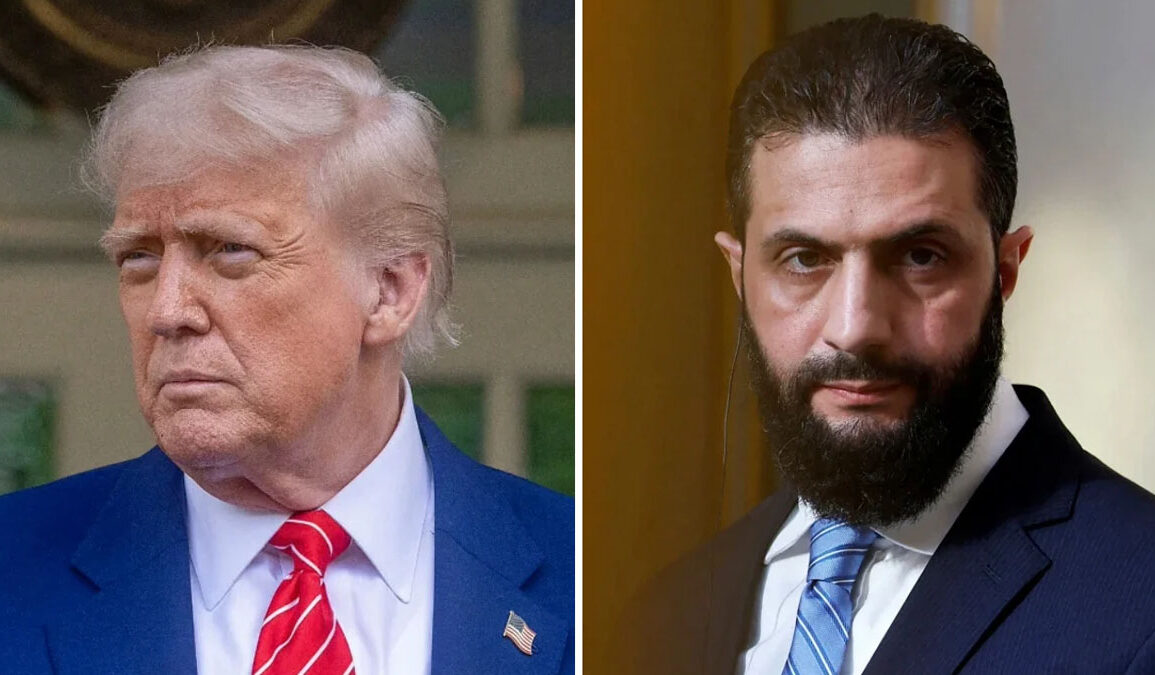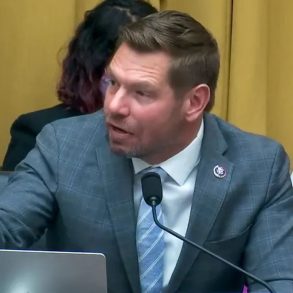Speaking before a crowd of business leaders and government officials at the Saudi-US Investment Forum on May 13, President Donald Trump announced a sweeping policy change: the United States will lift all economic sanctions on Syria. Trump made the announcement during his visit to Riyadh, describing it as a step to “give [Syria] a chance at greatness” following the downfall of President Bashar al-Assad’s regime last December.
“The sanctions were brutal and crippling and served an important function,” Trump said during his remarks, “but now it’s their time to shine. Good luck, Syria. Show us something very special.” The statement was met with applause from an audience filled with regional leaders, including Saudi Crown Prince Mohammed bin Salman and Turkish President Recep Tayyip Erdogan, who both played a significant role in pushing for the decision.
A Historic Shift in U.S. Foreign Policy
The removal of sanctions marks a major turning point in U.S. policy toward Syria. Sanctions were first imposed in 2011 in response to the Assad government’s violent crackdown on peaceful protests. These restrictions expanded over the years, targeting key sectors of the economy and specific government officials for human rights abuses, the use of chemical weapons, and support for terrorism.
Trump described the Assad regime’s rule as a period of “travesty, war, [and] killing,” and argued that the time had come for a new chapter. “There’s a new government that will hopefully succeed in stabilizing the country and keeping peace,” he said, referring to the interim administration led by President Ahmed al-Sharaa.
Al-Sharaa, who once led a militant group affiliated with al-Qaeda, has since renounced extremist ideology and taken steps to position his government as moderate and cooperative. According to the U.S. Center for Naval Analyses, he formally broke ties with al-Qaeda in 2016. Since taking power, he has pledged to build a pluralistic government and form peaceful relations with neighboring countries, including Israel.
Economic Opportunity and Strategic Influence
Supporters of the move say lifting sanctions could help Syria’s economy recover and reduce the influence of hostile powers such as Iran, Russia, and China. Trump’s advisors argue that if the sanctions remained, Syria would be forced to rely on financial support from those nations, increasing regional instability and potentially enabling the resurgence of extremist groups like ISIS.
“Sanctions relief opens the way for an infusion of regional and international aid, investment, and expertise,” said Alan Pino, a fellow with the Atlantic Council. He added that it also “shows U.S. support for efforts by Washington’s Arab partners in the Gulf, Egypt, and Jordan to reintegrate Syria into the moderate Arab fold.”
Economists estimate that Syria’s economy has shrunk by more than half since the civil war began in 2011. The United Nations Development Programme reported that the country has lost about $800 billion in potential GDP and will require more than 50 years to return to its pre-war economic status if left unsupported.
Syria’s Economy and Trade Minister Mohammad Nidal al-Shaar welcomed the news with visible emotion. Speaking to Saudi broadcaster Al Arabiya, he said, “Syria’s revival is about to begin. We are heading toward an economic renaissance now that the international community has reopened its doors to us.” He described the lifting of sanctions as a “new phase” and expressed hope that Syrians would soon enjoy “an unprecedented level of relief and comfort.”
Reactions at Home and Abroad
The announcement drew mixed reactions in Washington. Senator Jeanne Shaheen, a Democrat on the Senate Foreign Relations Committee, said she was “encouraged by the President’s announcement to move expeditiously” and urged the administration not to let the opportunity slip away. Republican Senator Lindsey Graham, however, urged caution. “We must remember that the current leadership in Syria achieved its position through force of arms, not through the will of its people,” he said.
Some experts expressed concern about the risks involved in legitimizing a government that still includes figures with extremist backgrounds. “A carte blanche to al-Sharaa may lead to sectarian backsliding,” warned Sarah Zaaimi of the Atlantic Council. While acknowledging the government’s recent symbolic gestures—such as appointing a Christian woman to the cabinet and inviting Jewish religious leaders back to Syria—she pointed to violent crackdowns on religious minorities and the lack of protections in Syria’s new constitution.
International Alignment and Arab Support
Trump’s decision aligns U.S. policy more closely with that of its European allies. The European Union recently lifted sanctions on Syrian banks and key economic sectors, while the United Kingdom also rolled back restrictions on over twenty Syrian entities. Maia Nikoladze, a sanctions expert at the Atlantic Council, said Washington should follow a “gradual approach” similar to the EU’s, starting with the finance and energy sectors to stimulate investment.
The move also reflects growing Arab support for Syria’s reintegration. Both Saudi Arabia and Turkey played key roles in backing the opposition forces that overthrew Assad and have since promoted closer ties with the new leadership. Ömer Özkizilcik, a Turkish analyst, called the decision “a diplomatic success for Saudi Arabia and Turkey,” noting that their coordinated efforts helped shift U.S. policy.
Crowds in Syria responded with celebration. Videos posted on social media showed people waving Syrian and Saudi flags in the city of Homs, chanting praises for the Saudi crown prince. In Latakia, motorists honked horns and waved flags while fireworks lit the sky. “Our ultimate goal is to rebuild our country,” said Osaid Basha, a resident of Homs. “This marks the first step toward recovery, and toward restoring Syria to its former state—or even better.”
Caution and Conditions Still Apply
Despite the optimism, officials warned that the lifting of sanctions is not a blank check. Secretary of State Marco Rubio is expected to meet Syrian Foreign Minister Asaad al-Shaibani in Turkey to discuss further conditions for U.S. support. “We will consider sanctions relief, provided the interim authorities take demonstrable steps,” a senior administration official said. These steps include rejecting terrorism, dismantling chemical weapons stockpiles, preventing Iran from gaining influence, and respecting minority rights.
Some experts also warned that targeted sanctions—especially those related to human rights abuses—should remain in place unless individuals no longer meet the legal criteria. Celeste Kmiotek of the Atlantic Council said, “Washington must not allow al-Assad and his allies who have been designated for serious violations of human rights to walk away without consequences.”
Others, like Elise Baker, called for the creation of a Syria Victims Fund to ensure that money collected from past sanctions violations benefits those harmed by the war. “Syria is finally ready for rebuilding and recovery,” she said. “Now is the time to support that process with justice.”
A High-Stakes Bet on Peace
Trump’s decision is being described by some as a bold diplomatic play that could reshape U.S. influence in the Middle East. By lifting sanctions, Washington could help Syria recover, reduce refugee flows, and gain leverage in regional diplomacy. But the risks remain high. If the new government fails to live up to its promises, the United States may find itself blamed for enabling another authoritarian regime.
Still, Trump appeared confident. “We’re taking them all off,” he said. “This is Syria’s time to shine.” Whether this move results in peace and prosperity or renewed conflict may depend not just on Syria’s new leaders, but on how closely the international community holds them to their word.
NP Editor: Trump is attempting to pull Syria away from the Iran-Russia-China axis, and this was a brilliant pronouncement along these lines. Even though the new government of Syria has a less than stellar background, Trump knows that a new day in relations with Syria is possible.








